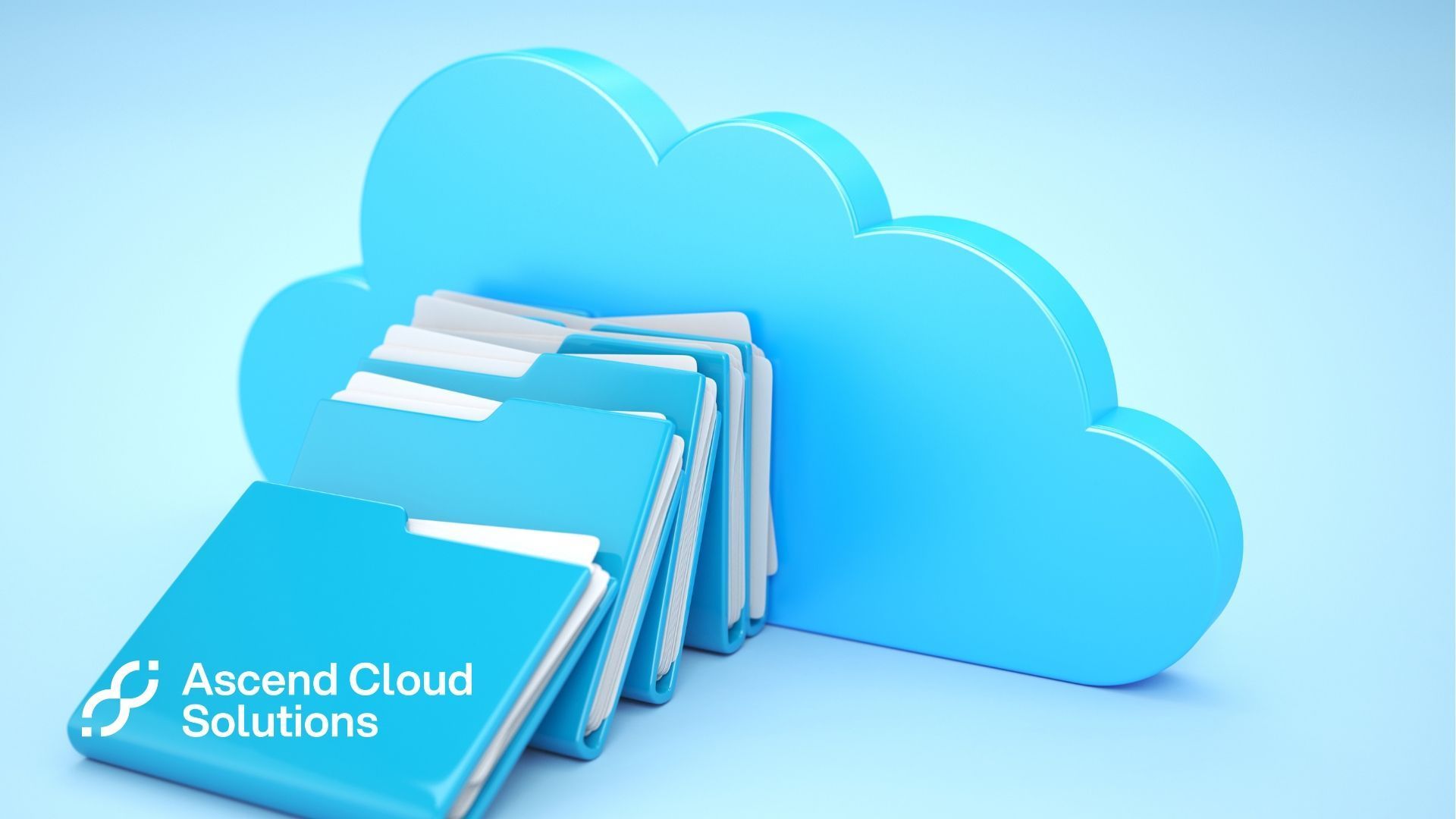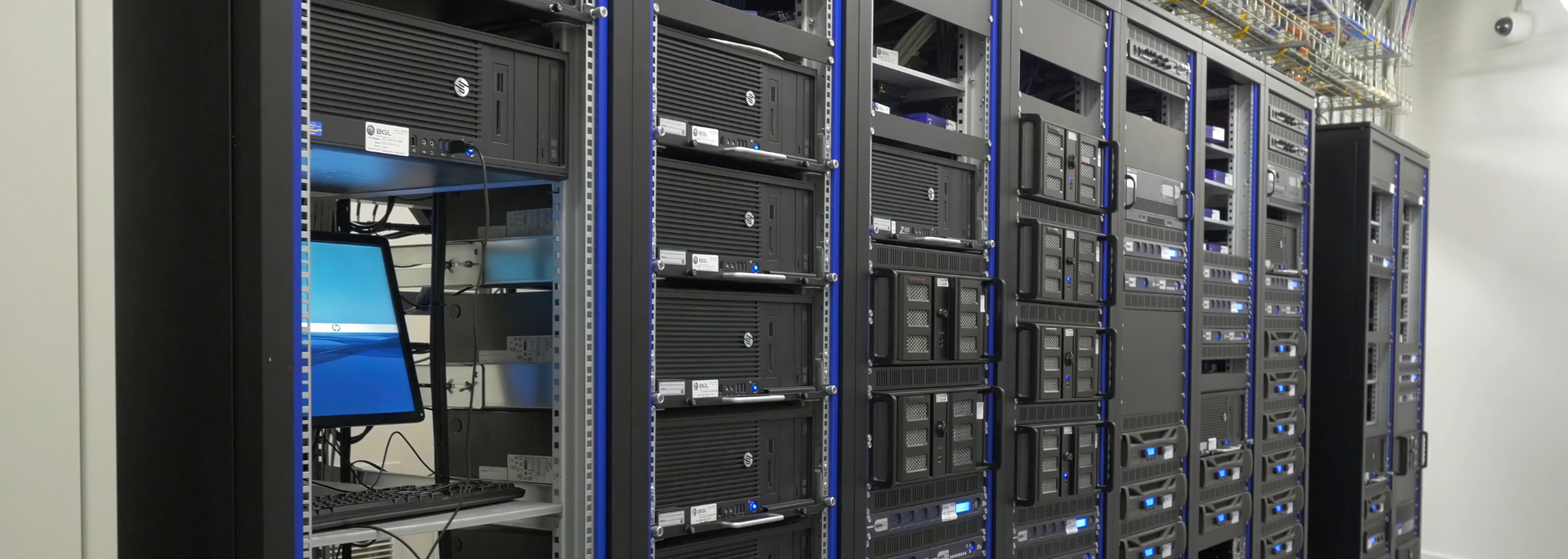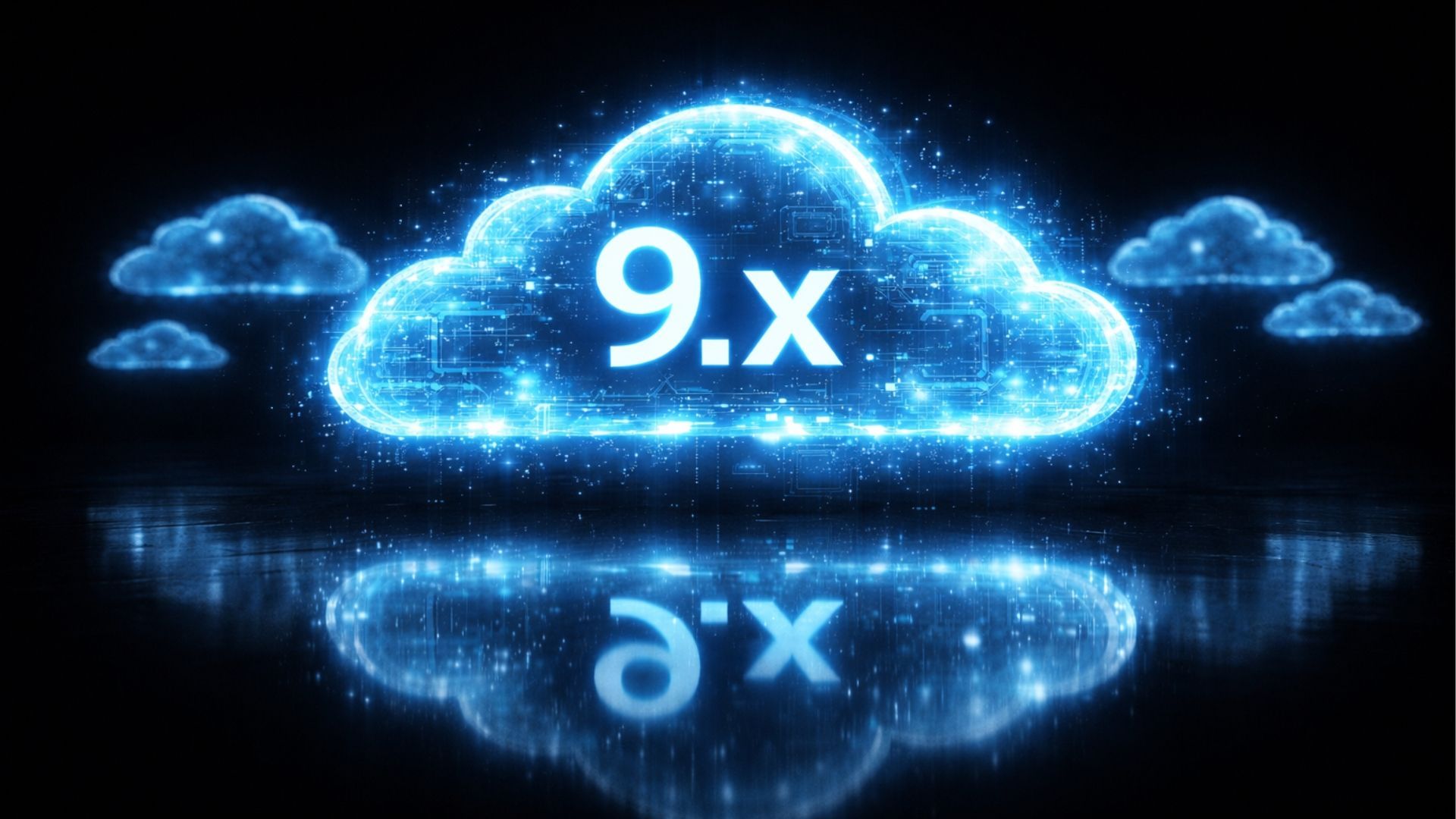Beyond migration: estimating total cost of ownership for the cloud
Total cost of ownership (TCO) is often overlooked when people migrate to the cloud. Discover why this is a risky move – and how to calculate it correctly.

One of the biggest selling points of cloud computing is that it lowers your overheads and unlocks savings. By eliminating the need to install, maintain, update and replace hardware, it can dramatically reduce your operating expenses.
What's more, most public cloud services work on a subscription basis with a predictable monthly fee – so you know what you're paying, right?
Well, we're sorry to be the bearer of bad news. While it's 100% true that cloud migration can save you money in the long run, the overall cost isn't as transparent as it might seem. Too often, management looks at the bill a month or two after migration and turns the air blue.
This is a phenomenon common enough to have its own name – cloud shock. And while there are all sorts of reasons for it, there's one recurring factor: total cost of ownership (TCO).
TCO, as the name suggests, is the overall cost of the cloud solution – and all too often, companies miscalculate it. That's why we've put together this handy guide to estimating TCO for the cloud.
What is TCO?
TCO refers to the total cost of ownership of equipment and cloud services across their life cycles. A cloud solution will naturally have a different TCO from an on-premise solution, a hybrid solution yet another.
Lots of businesses use a TCO calculator. There are plenty available online, some from major cloud providers. But like any tool, a calculator is only as good as the figures you punch into it. And IT doesn't always factor in all the necessary numbers.
It's a bit like going on a city break. You get yourself a good deal on accommodation and budget accordingly. Then you arrive and realise you're going to have to take the bus every day to get into the city centre – and the kitchen isn't up to snuff so you'll have to eat out most nights.

All of this is a pain in the neck – but at least it only lasts as long as your holiday. With cloud migration, you can lumber yourself with an infrastructure that's far more expensive than you realised.
This is the main reason why it's so important to calculate TCO correctly. The alternative is to watch your budget circling slowly down the drain.
What do you need to include in a TCO calculation?
Here's where people go wrong. They open up a TCO calculator online. They punch in hardware costs, software costs and life cycles. They jot down the resulting figure and take it to management.
If you want to make an accurate TCO calculation, you're going to need a lot more information. Like your holiday with its bus fares, tips and unexpected entrance fees, TCO covers all sorts of things that aren't immediately obvious. Here's a by no means exhaustive list:
- Labour costs: how much are you spending on on-site staff and external maintenance?
- Consultation costs: are you getting outside help with migration? If so, it needs to go on the ledger.
- Power costs: hardware and software don't run themselves. While a cloud solution will be less power-hungry than its on-prem equivalent, you still need to include it in your TCO.
- Licensing and subscription costs: most cloud providers work on a pay-as-you-go subscription basis. This monthly expense should be part of your calculations.
- Scaling: are you planning on scaling up in the future? It's going to cost you – get it on the list.
- Bandwidth requirements.
- Method of migration: there's more than one way to peel a banana. Lift-and-shift migration will have a different price tag to refactoring, to take two common examples. Make sure you know what method you or your cloud consultant is using so you can accurately calculate the cost.
All of these are pieces of the puzzle that lead you to an overall TCO. Just calculating hardware, software and life cycle costs will give you an inaccurate picture, meaning you can't plan accordingly.
On-premise vs IaaS cloud solutions: comparing TCOs
As we mentioned, the TCO of an on-premise server will be different from an infrastructure-as-a-service (IaaS) cloud solution – and simply looking at the costs that have to be factored in gives some sense of the cost savings.
To keep an on-premise solution up and running, you need to pay for hardware maintenance, server refreshes, power, cooling, rack space and IT support for backups.

An IaaS cloud solution, by contrast, requires a monthly subscription fee, the cost of migration, software licensing and (reduced) power and labour costs. All in all, it's significantly cheaper than an on-premise solution. It's easy to see why it's an attractive prospect for many enterprises.
Of course, if your business handles unusually sensitive data, you might want to invest in a hybrid solution – maintaining your on-prem server or a private cloud while exploring public cloud options.
Either way, your TCO will be reduced. But it's essential that you calculate it correctly so you don't end up with a bill that makes you wince.
How we can help
At Ascend Cloud Solutions, we provide
managed cloud migration services. We specialise in "lift-and-shift" migration because we believe it's best to move now and optimise later.
We work with companies to plan their migration, following a five-point programme that makes sure everything is aligned with their commitments, deadlines and long-term business goals. This can involve estimating TCO – looking at your current situation and coming up with an accurate figure.
So if you want to reap the rewards of cloud technology without any nasty financial shocks, make sure you figure out the TCO properly. And if you find yourself needing any help, just
let us know– we'd be happy to talk through your options in a no-obligation consultation.












